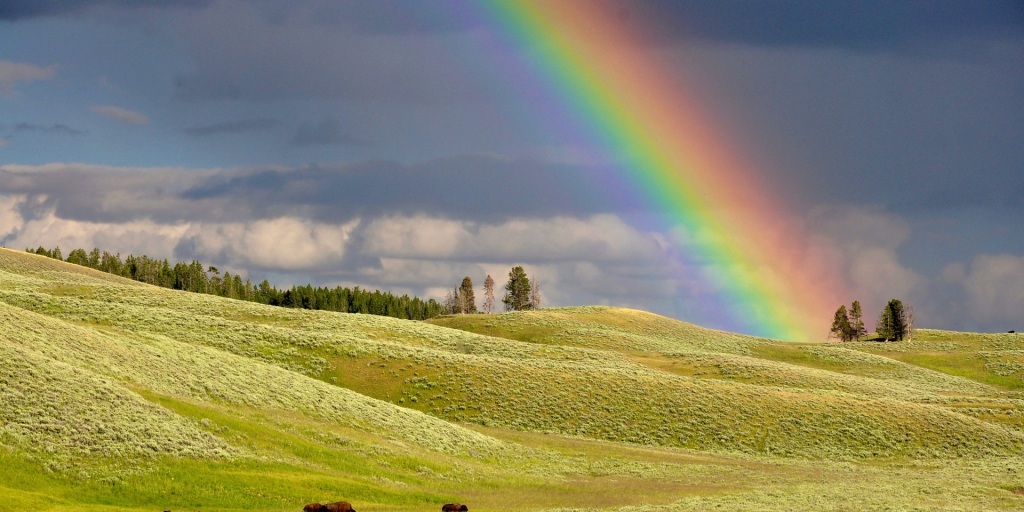
June was Pride Month and this weekend has seen Trans Pride in London and elsewhere. Along with the flags and parades and parties now associated with these events, some people may have been surprised to note too, the increasing use of the word ‘queer’ not as a homophobic slur, but as a positive lifestyle affirmation.
How has this change come about? And are gay men (in particular) proud to call themselves queer? Many, if over a certain age, will remember hearing it in the mouths of other men hell-bent on a bit of ‘queer-bashing’ as the post pub evening’s entertainment, before going home to beat up their wives and girlfriends? (I hope I’m wildly generalising and exaggerating here).
The word queer has a complex history. It probably comes from Old High German / German – twer/quer, meaning oblique. It was first recorded as part of the English lexicon in the sixteenth century and was used to describe something that was strange or odd. As in the north England phrase – ‘There’s nowt so queer as folk,’ or sentences like ‘she had a queer feeling he was watching her,’ ‘Oh I do feel queer after that prawn sandwich.’
Queer can also mean to spoil, as in ‘Peter had nearly clinched the deal, but Paul queered it with his meddling.’
If you find yourself in ‘Queer Street,’ it means you’re broke.
From the late nineteenth century, queer started to have negative sexual connotations. It was one of a number of derogatory terms used about homosexuals / same sex attracted people, especially men. There have been attempts to rehabilitate the word since the 1980s (first noted at the New York Gay Pride Parade in 1990), and concerted efforts in the twenty-first century to elevate and expand it into an everyday term to denote a sexual or gender identity that does not correspond to conventional ideas re sexuality.
This has met with limited success. Whilst used regularly in some quarters, many LGBT groups and individuals dislike it. Some remember it as a slur they endured when younger, some associate it with a political and social radicalism they are not comfortable with, some see it as faddish slang (sometimes appropriated by heterosexuals to make themselves seem more interesting), or modish academic jargon (ref the number of books about ‘queer theory’).
Like DH Lawrence attempting (and failing) to make fuck an acceptable literary term, queer, in the sexual sense is a word that is still in flux. It can cause genuine offence and, unless using it as a synonym for odd etc, mainstream writers might want to be be mindful of the word’s history and accompanying baggage.
PS: Happy Global Women’s Day – which has also been celebrated this weekend
Links to my books and social media
You can find all my books and short stories on Amazon books, At least one story always free. ALL BOOKS FREE ON KINDLE UNLIMITED